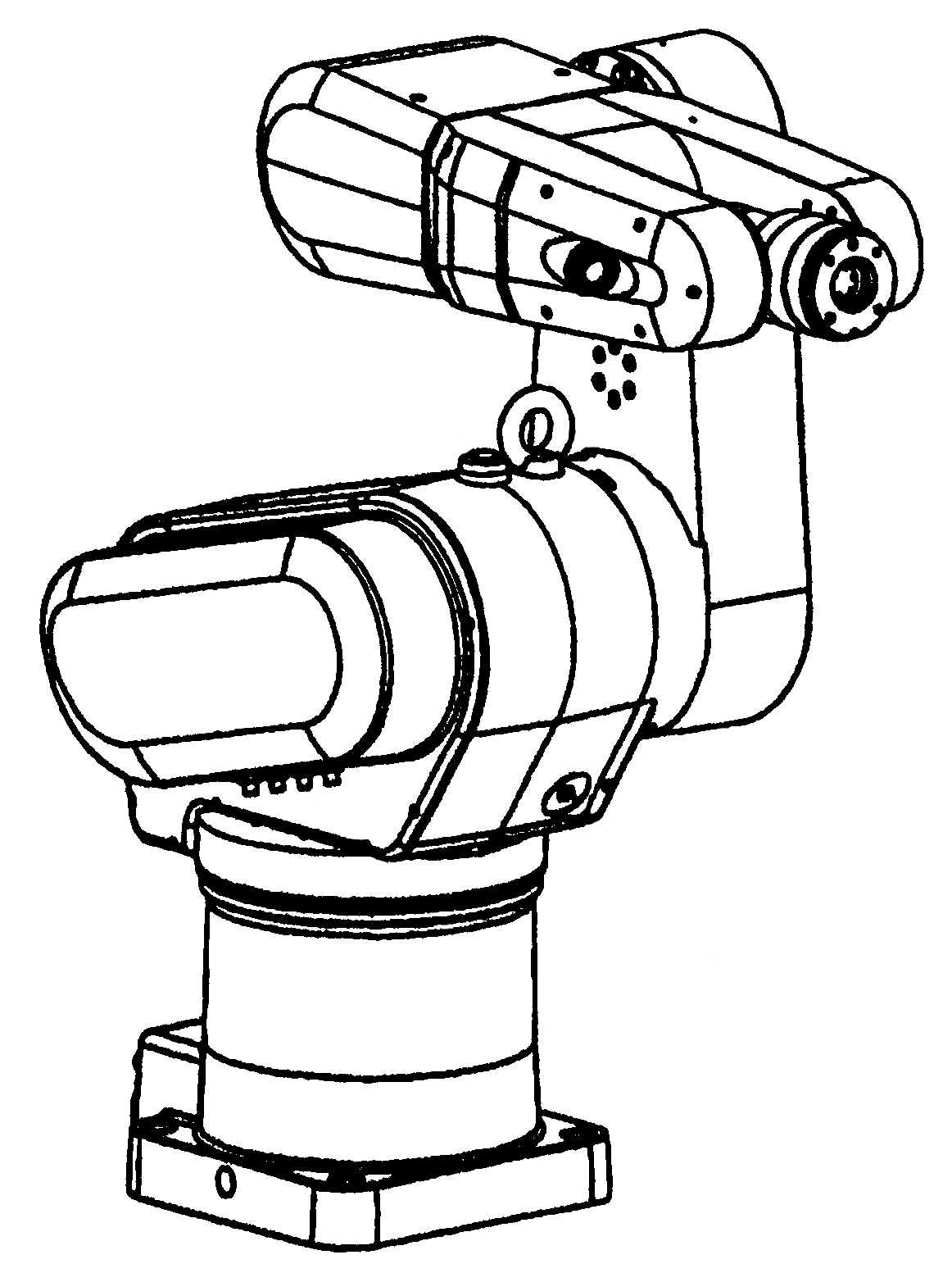F3-robot: Difference between revisions
From HacDC Wiki
No edit summary |
No edit summary |
||
| Line 26: | Line 26: | ||
The O scale train in the above video was good, but tracking a smaller train (HO or N scale) would be much better, since then the robot could track the train through multiple left and right turns, much like a real-world helicopter filming a train for a Hollywood movie. | The O scale train in the above video was good, but tracking a smaller train (HO or N scale) would be much better, since then the robot could track the train through multiple left and right turns, much like a real-world helicopter filming a train for a Hollywood movie. | ||
David plans to reach out to model train enthusiasts | David plans to reach out to model train enthusiasts to see if there is interest in collaborating on a movie that really shows off the technology. | ||
David sent an email on 3-8-13 to '[email protected]' to see if the film school students at http://www.marylandfilmmakersclub.com/home.html are interested in collaborating on a project. | |||
You could do great stop-motion animation with the setup. Your camera could move slightly every time your parts/clay are moved, making for a much more dynamic and flowing movie than when the camera stays in a static position. | You could do great stop-motion animation with the setup. Your camera could move slightly every time your parts/clay are moved, making for a much more dynamic and flowing movie than when the camera stays in a static position. | ||
Revision as of 18:13, 8 March 2013
Maker Tech Tuesdays is a hackerspace provided by Chas Colburn at his place of business, 3DMetalParts, just south of the University of Maryland. The space is free to visit and is open every Tuesday.
David Whiteis has set up a CRS/Fisher F3 Robotic arm at Chas's place, which is now available for members of HacDC to play with.
The robot went online March 6, 2013. David gave an overview of how the robot operates, followed by general discussion about what we might want to make the robot do. There will be other days scheduled soon. Anyone that first gets a basic safety and operations overview from David is welcome to begin operating the robot.
We are currently gathering ideas about what we might do with the robot. Here is part of what we have come up with so far, shown in groups and including sample videos where possible.
We will use this wiki page to document what we have learned about the robot, what projects are proposed, planned or implemented, and more videos of the machine in action.
Moving and stacking stuff:
Grabbing dominoes from a stack, setting them up to tumble over in a row: http://www.youtube.com/watch?v=-UzOfwHeV5k
Videoing stuff:
Holding a video camera in the gripper, and filming while in motion: http://www.youtube.com/watch?v=2GDsFChduiI That second video gives a limited overview of the robot's ability as an advanced 3D video camera dolly. We know a lot more about what is possible now. You could make some amazing videos with that setup. Here are some of the lessons learned:
- Videoing miniatures such as model train layouts is fun and gives great results. - Get in close, and don't pan too much. - Keep a single object as the center of focus, and change the camera location while keeping that focus. - Track moving objects making complex movements, like a model train following a track.
The O scale train in the above video was good, but tracking a smaller train (HO or N scale) would be much better, since then the robot could track the train through multiple left and right turns, much like a real-world helicopter filming a train for a Hollywood movie.
David plans to reach out to model train enthusiasts to see if there is interest in collaborating on a movie that really shows off the technology.
David sent an email on 3-8-13 to '[email protected]' to see if the film school students at http://www.marylandfilmmakersclub.com/home.html are interested in collaborating on a project.
You could do great stop-motion animation with the setup. Your camera could move slightly every time your parts/clay are moved, making for a much more dynamic and flowing movie than when the camera stays in a static position.
If you programmed the arm to move the camera through the air in a big, elaborate flowing path, and then had someone who was a hotshot at flying miniature RC helicopters fly a pattern that kept it in front of the lens, that would make an amazing video.
3D printing, or subtractive CNC machining:
We have talked about mounting a plastic extruder, Dremel router, or cutting laser on the tool post, but we have not done any of this yet. Will it be you that drives this project?
More in Maker Tech Tuesdays:
Chas & Maker Tech Tuesday's Facebook page: http://www.facebook.com/video/video.php?v=10150900147128842
More info on Chas is here, search for 'Colburn': http://wiki.hacdc.org/index.php/Suppliers

